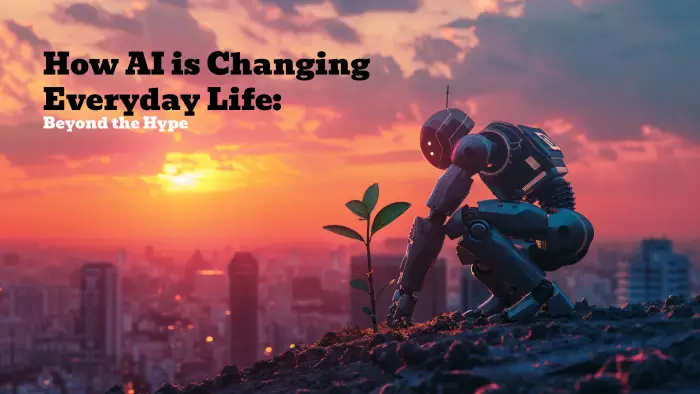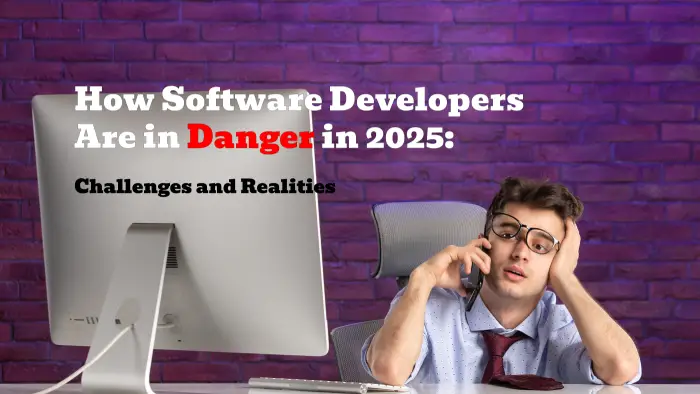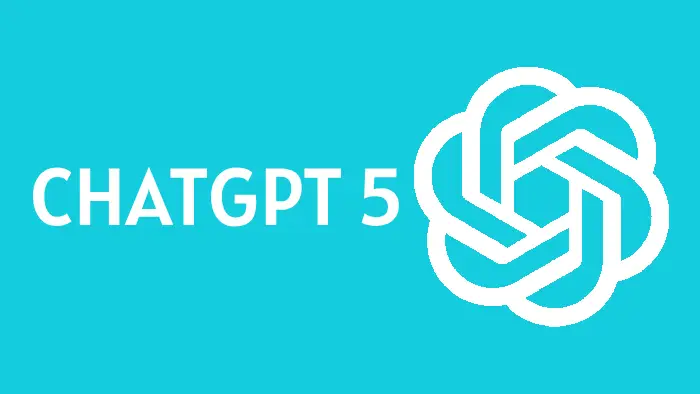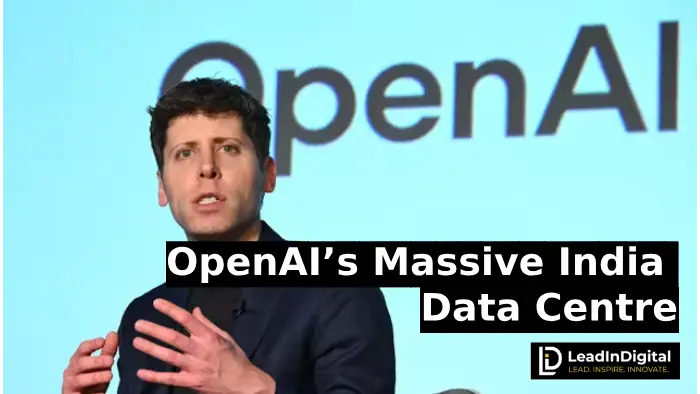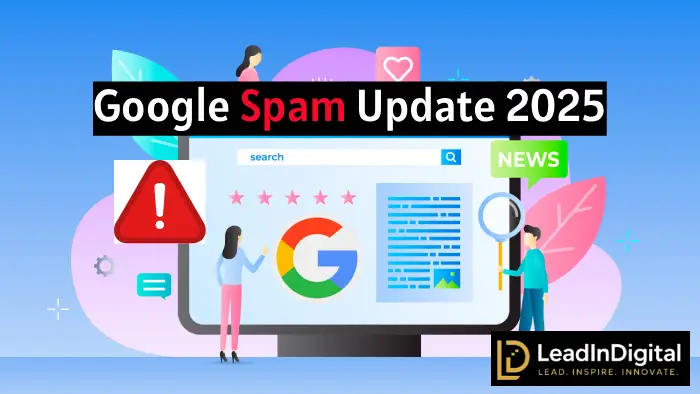
If you've been working on your website's search engine optimization (SEO), you may have noticed the effects of a recent Google update. On August 26, 2025, Google rolled out its August spam update, a global algorithm change aimed at fighting web spam and improving search results.
This isn't a minor change; it significantly upgrades Google's "SpamBrain" AI system, which continuously identifies and filters out low-quality content. The rollout may take several weeks, which means many site owners have already seen changes in their traffic and rankings.
So, what does this update target? More importantly, what should you do if your site has been affected? Let's break it down.
What is a "Spam Update"?
Google's core ranking systems are always functioning, but a "spam update" is a focused effort to improve their ability to detect and punish sites that breach their spam rules. Think of it as Google enhancing its spam-fighting tools to catch new spam tactics.
While Google hasn't detailed the specific spam methods targeted by the August 2025 update, their general spam policies outline what they look for. These are not new rules, but a stricter enforcement of the ones already in place.
Common spam tactics Google penalizes include:
Keyword Stuffing: Overloading a page with keywords unnaturally to manipulate rankings.
Scaled Content Abuse: Creating a large volume of low-quality, often AI-generated, content solely for SEO.
Expired Domain Abuse: Buying and reusing an old, authoritative domain with new, unrelated content.
Hacked Content: When a site is compromised and spammy pages or links are added without the owner's knowledge.
Spammy Links: This includes practices like buying or selling links, excessive link exchanges, or using automated tools to build links.
Hidden Text and Links: Using white text on a white background or other tricks to hide content from users while still showing it to search engines.
How to Know if You Were Affected
The most common sign is a sudden drop in organic search traffic and keyword rankings. While this can be concerning, it’s important to avoid making quick decisions.
Here’s a quick checklist to help you assess the situation:
Check Your Google Search Console: Review the Performance report for a significant drop in impressions and clicks, especially around August 26, 2025.
Analyze Your Competitors: Were they affected? Sometimes an update can shuffle the search engine results pages (SERPs), and a competitor's increase in rankings may explain your decline.
Review Your Content: Honestly evaluate your website. Did you use any of the spam techniques listed above? Is your content genuinely helpful and original, or does it seem mass-produced and unoriginal?
A Human-First Approach to Recovery
If you think your site was impacted by the update, don’t panic. Google says recovery is possible, but it takes time. Their automated systems will need months to reevaluate your site and see if it meets their policies.
Here’s a plan of action focusing on a "human-first" content strategy:
Audit Your Content: Go through your pages and identify any thin, low-quality content that appears to be created only for search engines. You can improve such content by adding real value or remove it completely.
Focus on E-E-A-T: Google's emphasis on E-E-A-T (Experience, Expertise, Authoritativeness, and Trustworthiness) is crucial.
Experience: Show that you have first-hand knowledge of the topic.
Expertise: Demonstrate deep understanding. Consider adding author bios with credentials to your blog posts.
Authoritativeness: Build a reputation as a reliable source in your field.
Trustworthiness: Ensure your information is accurate and clear.
Cleanup Your Link Profile: Use a tool like Google Search Console to examine any suspicious or low-quality backlinks pointing to your site. Disavow any links that appear spammy or manipulative.
Create for People, Not Algorithms: This is the most important takeaway. The era of "SEO-first" content is gone. The most successful websites provide a great user experience and answer users' questions thoroughly and reliably.
The August 2025 spam update sends a clear message from Google: the future of SEO focuses on quality, authenticity, and providing value to your audience. By concentrating on these principles, you will not only recover from this update but also create a more resilient and sustainable online presence for the long term.
